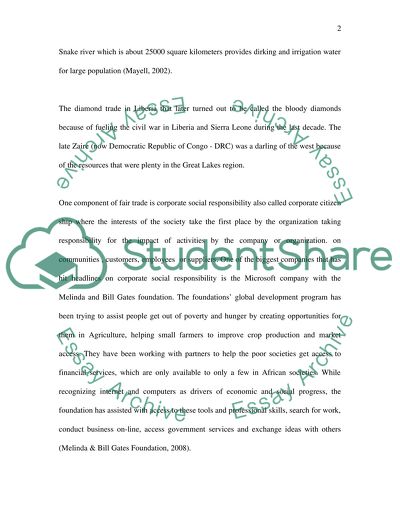Cite this document
(Do the Branded Ethical Products Such as Fair Trade Contribute to Research Paper, n.d.)
Do the Branded Ethical Products Such as Fair Trade Contribute to Research Paper. Retrieved from https://studentshare.org/marketing/1524631-ethical-products
Do the Branded Ethical Products Such as Fair Trade Contribute to Research Paper. Retrieved from https://studentshare.org/marketing/1524631-ethical-products
(Do the Branded Ethical Products Such As Fair Trade Contribute to Research Paper)
Do the Branded Ethical Products Such As Fair Trade Contribute to Research Paper. https://studentshare.org/marketing/1524631-ethical-products.
Do the Branded Ethical Products Such As Fair Trade Contribute to Research Paper. https://studentshare.org/marketing/1524631-ethical-products.
“Do the Branded Ethical Products Such As Fair Trade Contribute to Research Paper”, n.d. https://studentshare.org/marketing/1524631-ethical-products.


